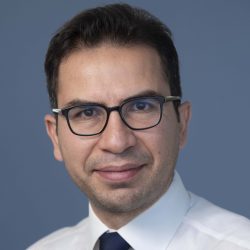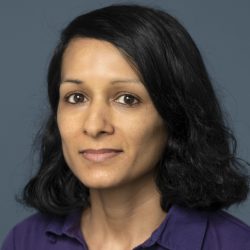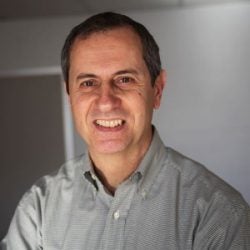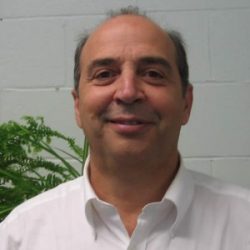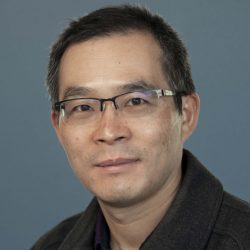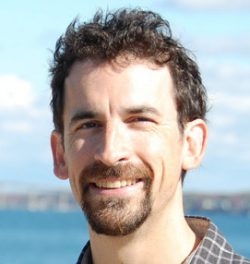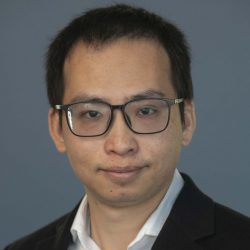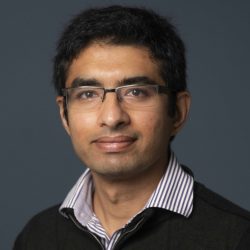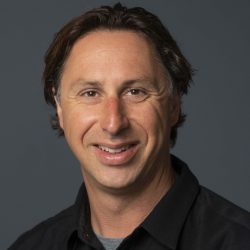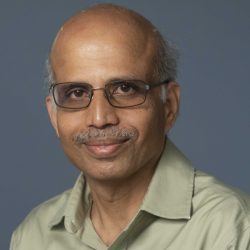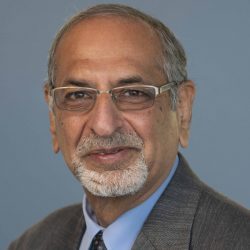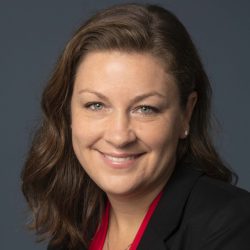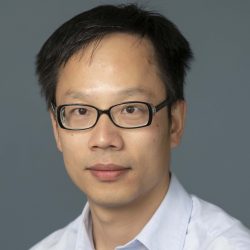Advancing technology in sensors and instrumentation is work that keeps people safe and informed about the world around us. We rely on sensors to measure the health of physical materials, the status of environmental conditions, the composition of biological matter, or the density of traffic along a highway.
Otto Gregory developed a bomb-‘sniffing’ sensor capable of detecting explosives at airports or subways. He also leads a team designing sensors to measure the temperature, pressure, and strain inside jet engines. Work is underway at the University to design smart sensors that monitor fuel cells or detect chemical leaks or terrorist attacks. Civil engineers are spearheading sensors to better monitor traffic conditions and electrical engineers are finding ways to turn fiber optic cables into millions of tiny sensors.
As an engineer, you don’t want to work on something that is not going to benefit mankind.Professor Otto Gregory
Research here will also keep us healthy. We are building tiny fluorescent spectrometry sensors to detect biomarkers in blood–the first step toward diagnosing disease. Researchers are developing sensors to detect electrical signals in the body to better understand conditions such as sleep apnea and cardiac disease. Kunal Mankodiya’s Wearable Biosensing Lab is creating wearable systems that can track important patient metrics such as heart rate vital signs, physical activity, falling, walking, or other movement difficulties in their daily life.
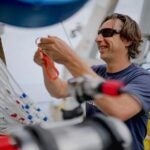 New phase of deep-sea research on fragile organisms using novel technology begins for URI professor - URI Professor Brennan Phillips will work with multidisciplinary team of scientists to glean greater details about fragile marine animals
New phase of deep-sea research on fragile organisms using novel technology begins for URI professor - URI Professor Brennan Phillips will work with multidisciplinary team of scientists to glean greater details about fragile marine animals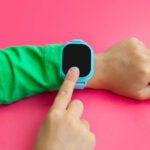 Could wearables be the future in diagnosing ADHD? - According to the National Institute of Mental Health, ADHD is one of the most common disorders diagnosed in children.
Could wearables be the future in diagnosing ADHD? - According to the National Institute of Mental Health, ADHD is one of the most common disorders diagnosed in children.
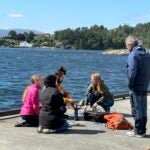 International Collaboration on Arctic Research Between U.S., Norway and Canada - Dramatic changes have been observed in the Arctic Ocean in the past decades in terms of ocean temperature and salinity structure and ice-cover. Because sound travels long distances underwater, scientists have been able to use acoustic signals to localize oceanographic platforms and vehicles underwater and ice, but the way sound travels depends on the oceanography. […]
International Collaboration on Arctic Research Between U.S., Norway and Canada - Dramatic changes have been observed in the Arctic Ocean in the past decades in terms of ocean temperature and salinity structure and ice-cover. Because sound travels long distances underwater, scientists have been able to use acoustic signals to localize oceanographic platforms and vehicles underwater and ice, but the way sound travels depends on the oceanography. […] Office of Naval Research awards $4.7M for cyber-physical security and resilience - Four University of Rhode Island engineering professors have been awarded a $4.7 million grant from the Office of Naval Research to advance the security and resilience of AI-enabled power grids, promote workforce development, and secure manufacturing environments. The three-year project, “Advancing Research on Cyber-Physical Security and Resilience: A Multifaceted Approach,” will be led by principal […]
Office of Naval Research awards $4.7M for cyber-physical security and resilience - Four University of Rhode Island engineering professors have been awarded a $4.7 million grant from the Office of Naval Research to advance the security and resilience of AI-enabled power grids, promote workforce development, and secure manufacturing environments. The three-year project, “Advancing Research on Cyber-Physical Security and Resilience: A Multifaceted Approach,” will be led by principal […]
Faculty
Distinguished Engineering Professor
Chemical, Biomolecular, and Materials Engineering
401.874.2085
ogregory@uri.edu
Robert Haas Endowed Professor
Electrical, Computer and Biomedical Engineering
401.874.5645
haibohe@uri.edu
Distinguished Engineering Professor
Electrical, Computer and Biomedical Engineering
401.874.5880
qyang@uri.edu
Associate Professor and Graduate Director
Mechanical, Industrial and Systems Engineering
401.874.9067
cyuan@uri.edu

